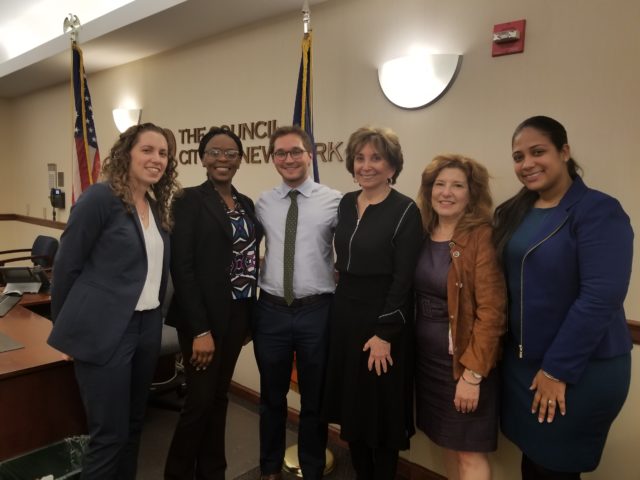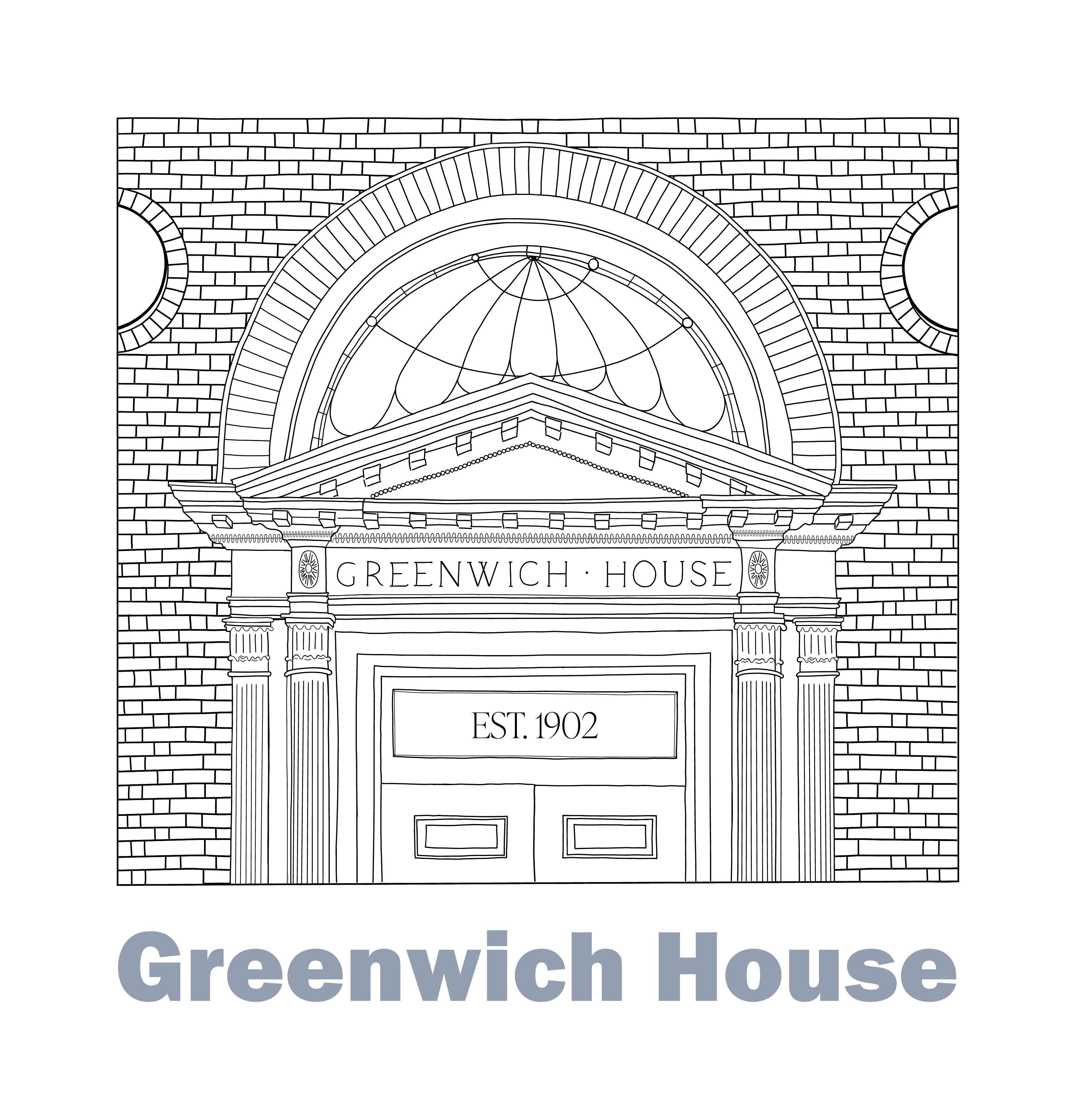Greenwich House Joins Fight for City Council Behavioral Health Initiatives
May 14th, 2019

The Coalition for Behavioral Health is banding together with its member agencies, the UJA-Federation, United Neighborhood Houses and the Citizens’ Committee for Children to urge expanded funding for the City Council’s behavioral health initiatives. These programs provide vital services to thousands of New Yorkers, from children under five to older adults. “Without this funding, these New Yorkers will be unable to get the care they need,” said Amy Dorin, President and CEO of The Coalition for Behavioral Health. “Our members are in the community every day, improving the health and wellbeing of vulnerable New Yorkers. This funding is critical to their success.”
Currently, there are nine behavioral health initiatives in the FY19 budget totaling $16.6M. The Coalition states this level of funding is inadequate to meet the needs of the communities and individuals that depend on these vital services, and are fighting for an increase to $19.8M. The initiatives include funding for programs that address urgent health crises like the Opioid Prevention and Treatment Initiative, which allowed organizations to distribute life-saving Narcan kits. Other critical areas of focus like the Developmental, Psychological and Behavioral Health Services Initiatives enable organizations to provide a wide range of mental health support. “Settlement houses rely on funding from the City Council to provide critical mental health services like screenings for young children, summer camps for autistic youth and access to health professionals in senior centers,” said Tara Klein, policy analyst at United Neighborhood Houses. “With funding from this initiative, our settlement house in Greenwich Village serves children who have been victims of abuse or neglect through our Children’s Safety Project,” said Andrea Newman, Assistant Executive Director of Greenwich House. “The Council’s support is critical to the success of this program among others we provide the community. We urge the City Council to continue to fund these vital health initiatives.”
Many vulnerable populations in the city are impacted by Council initiatives, such as the Children Under Five Initiative, the Geriatric Mental Health Initiative, the Autism Awareness Initiative and the LGBTQ Youth Mental Health Initiative. These initiatives help community organizations offer programs that improve the lives of our neighbors who need this help the most. Marginalized populations, those struggling with mental health or living with developmental disabilities, the homeless and financially insecure, immigrant families, at-risk youth and homebound seniors will all benefit from expanding support for local organizations to carry out their missions to assist these New York residents.
Council Member Ydanis Rodriguez is vocal in her support for increased funding. “Mental health illnesses can affect anyone, it is important to have programs in place that will help and support the people that need it the most. I will continue to work alongside the Council as well as advocates to ensure that these necessary programs received the funding needed to run them.” The Coalition for Behavioral Health fights on to rally more support.
